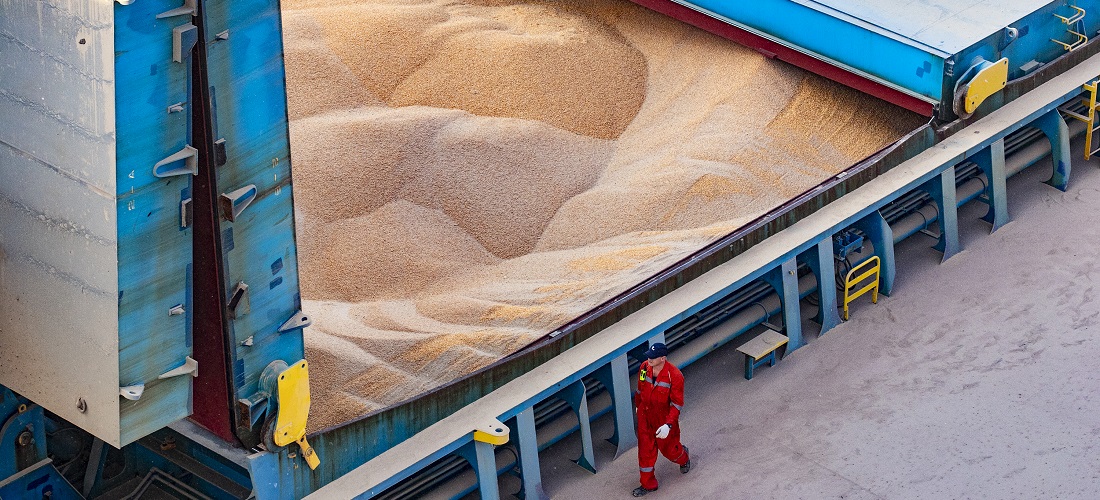
Port of Paranagua bulk exports to total 6.6m tonnes by December
Oct, 19, 2022 Posted by Gabriel MalheirosWeek 202242
In the fourth quarter of the year, the Port of Paranaguá is expected to see 6,602,000 tonnes of soybeans, corn, bran, and sugar shipped. From October to December, the 12 private terminals and operators of the public silos anticipate 2,200,667 tonnes of products for each month.
The shipment forecast is 53.7% higher than the 4,294,259 tonnes of the same bulk cargo loaded from October to December 2021.
“The difference is primarily in the expected volumes for corn shipments,” says Portos do Paraná operations director Luiz Teixeira da Silva Júnior. He claims that the product has arrived in large quantities and that the trend will continue until the end of the year.
See below a comparative chart of the volumes of some of the main products exported from the Port of Paranagua in 2021 and in 2022 (January to August). The data is from DataLiner.
Top product exports at Paranagua | 2021 vs 2022 | TEUs
Source: DataLiner (click here to request a demo)
The expectation is to load 2,609,000 tonnes of corn, 1,865,000 soybean meal, 1,128,000 tonnes of soybeans (grain), and another 1 million tonnes of sugar in bulk.
In comparison, 124,604 tonnes of corn were loaded from October to December last year, as were 1,018,014 tonnes of soybean meal, 1,412,521 tonnes of soybeans, and 1,153,948 tonnes of sugar in bulk.
The main destinations for corn exported through the Port of Paranaguá are Iran, Egypt, and Japan. Soybean meal is primarily exported to the Netherlands, Germany, and South Korea. Soybeans are shipped mainly to China, South Korea, and Iran. And sugar, Canada, Algeria, and Iran.
-
Ports and Terminals
Oct, 15, 2020
0
MultiRio invests in new super-post-Panamax portainer
-
Shipping
Mar, 23, 2021
0
Suez Canal blocked by huge container ship
-
Ports and Terminals
Apr, 21, 2021
0
BACTSSA Terminal in Buenos Aires nears the end of its concession
-
Other Cargo
Aug, 26, 2024
0
Brazilian onions filling gap in neighboring countries’ markets

